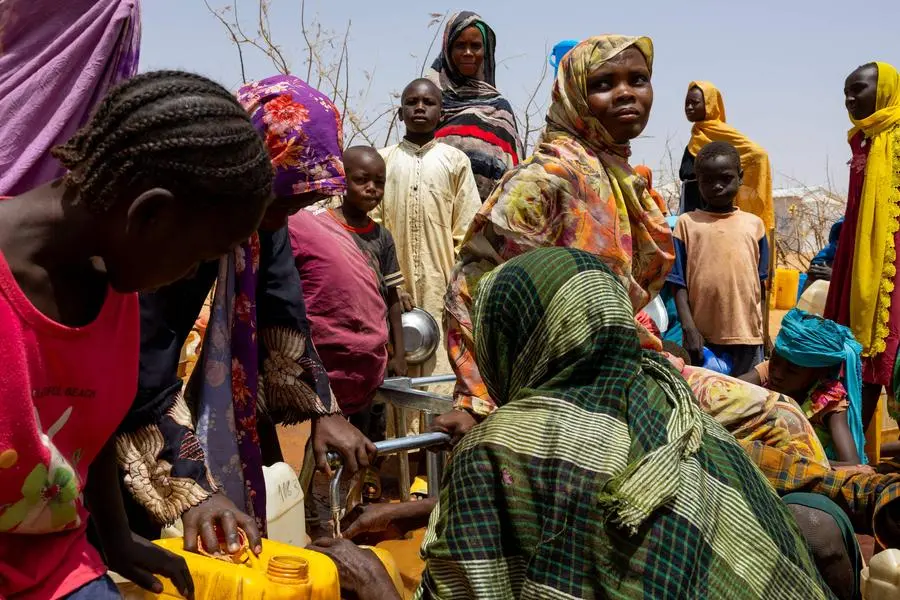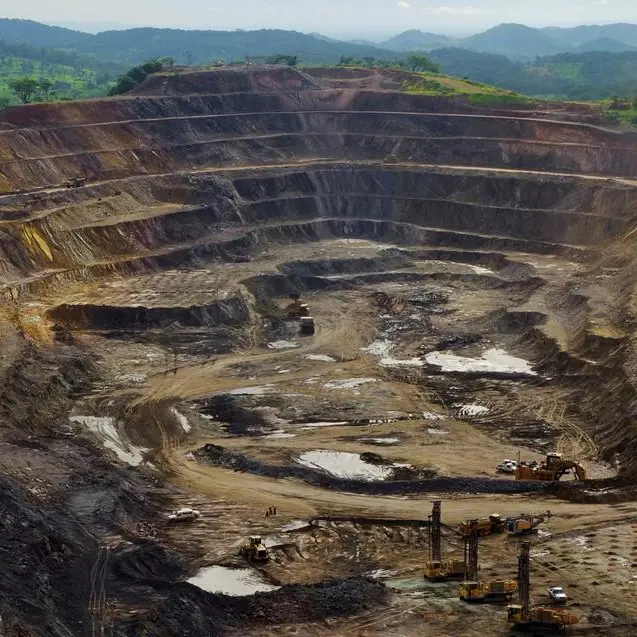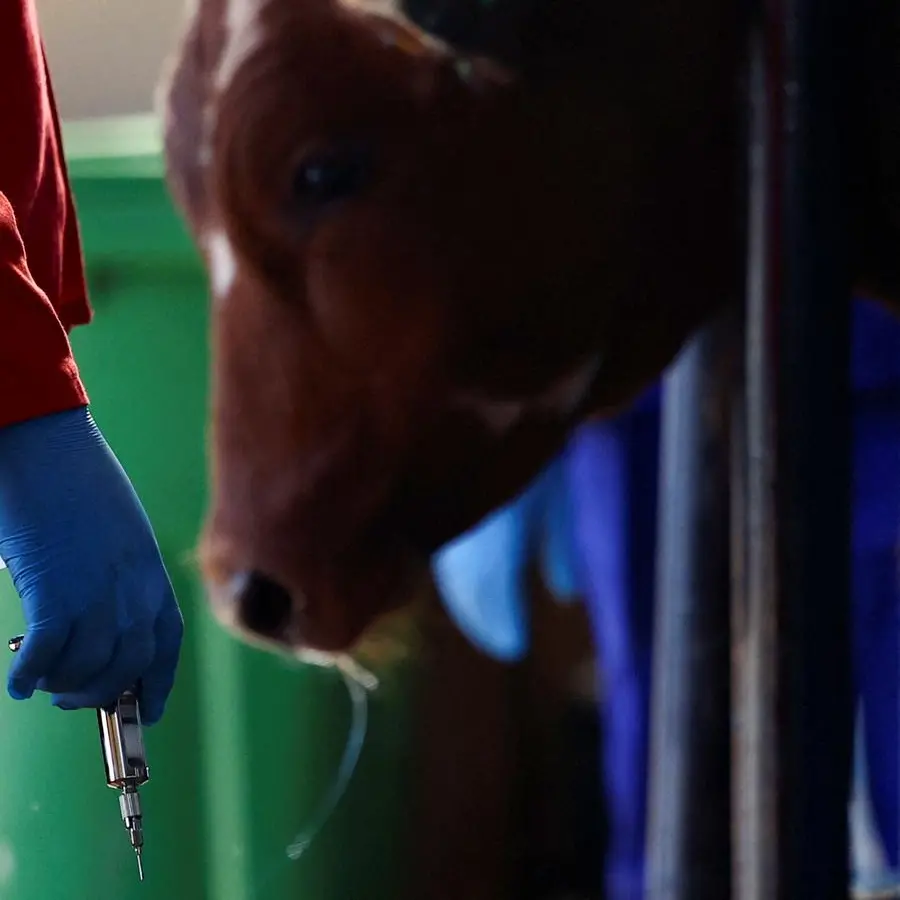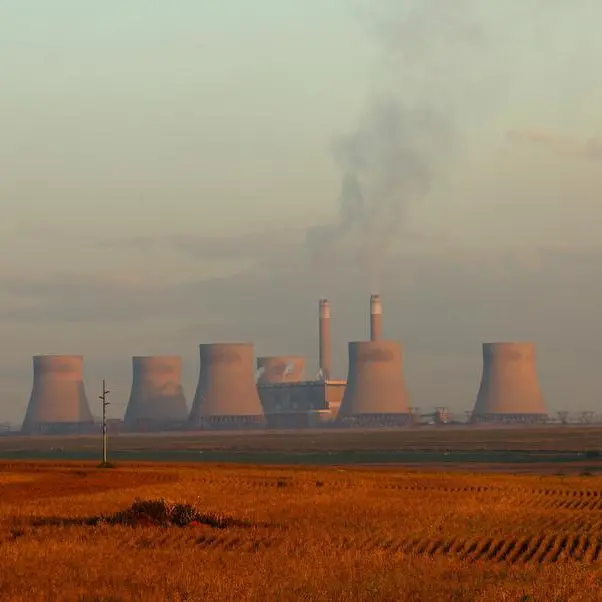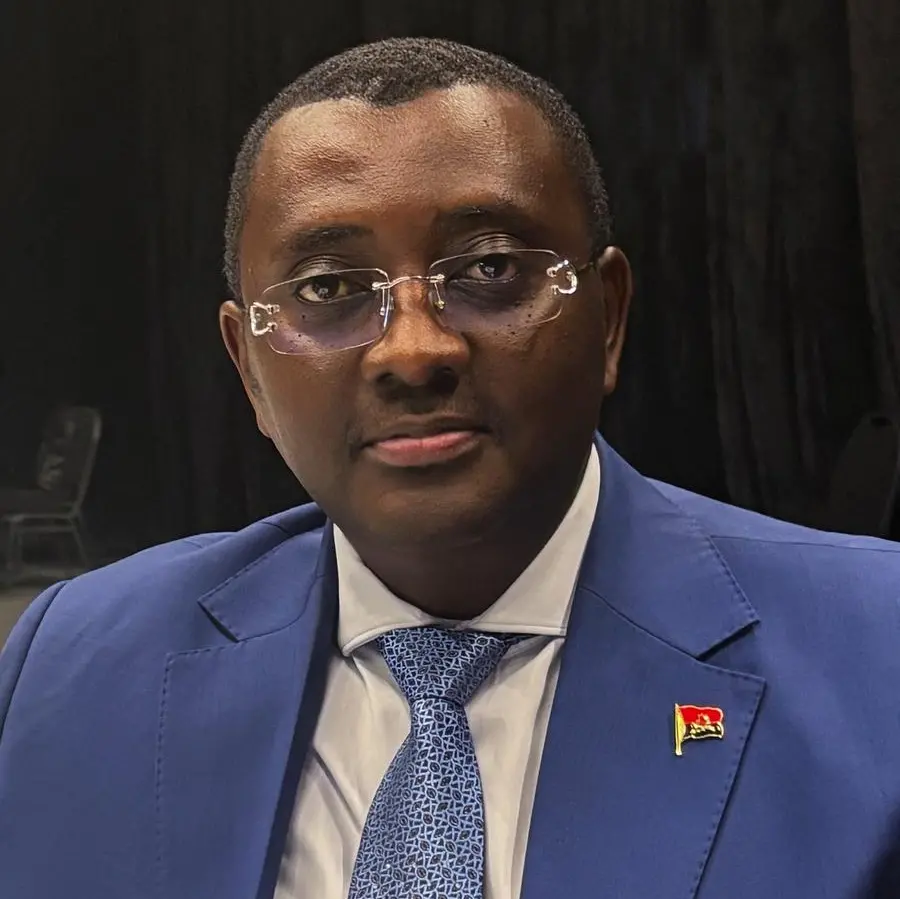PHOTO
A year after civil war erupted again in Sudan, 24-year-old Alabaki Abbas Ishag has been surviving in a makeshift border refugee camp in Chad for a month.
Ishag is one of 8.5 million people displaced by fighting between Sudan's regular army and paramilitaries.
He managed to reach the Chadian border village of Koufroun after going into hiding for almost a year -- escaping the massacres in Sudan's western region of Darfur, the scene of violence since the 2000s.
He went from the ruins of one house to another in El-Geneina, West Darfur's capital 20 kilometres (12 miles) from the border.
War broke out on April 15, 2023 between the regular army of Sudan's de facto leader Abdel Fattah al-Burhan and the Rapid Support Forces (RSF) of his former deputy Mohamed Hamdan Daglo.
In El-Geneina alone, 10,000 to 15,000 people were killed during the first nine months of the war, according to the United Nations.
- 'Buried alive' -
The RSF "tried to recruit me to take part in the massacres, but when I refused they put me on a list of people to be executed", said Ishag.
"I saw them throw people I knew into mass graves and bury them alive.
"When there were a lot of bodies, the RSF would pile them up like rubbish before setting fire to them."
Now in Koufroun, the young man can sometimes earn some money on the local market. He eats one meal every other day.
But the looming rainy season is another cause for worry.
"I have nothing to build myself a shelter with," Ishag said, pointing to the straw mats used as a roof for him and the more than 9,100 refugees in Koufroun, according to UN figures.
- One million refugees -
Today Chad is home to almost a million Sudanese refugees -- more than any other country.
In the past year, more than 571,000 Sudanese refugees have rushed to Chad on foot or by mule, adding to the more than 400,000 others who fled the previous war in Darfur in 2003.
More than 160,000 new refugees are crammed in a camp in the border town of Adre, the main entry point for those fleeing across the border.
Hada Ishag Fadallah arrived in Adre with her seven children in early November.
"RSF came into our house and shot my husband before stealing everything they could, while others beat us," the 56-year-old mother said, echoing scenes reported by other survivors in Adre.
Women and children account for almost 90 percent of the Sudanese refugees who have arrived over the past year, according to the UN.
- 'Total catastrophe' -
A month ago, the UN World Food Programme (WFP) warned that it would suspend its aid to Sudanese refugees in Chad in April due to a lack of funds, appealing for donations to "avoid a total catastrophe".
"The rations they give us for a month last 20 days at most," Fadallah said.
"I have to take my two eldest children, aged nine and 14, to work with me whenever I can find a way to make a bit of money, washing clothes or making bricks."
For months her family has been eating a bowl of sorghum-based porridge once a day.
But 15 kilometres from Adre in Tongori, Asha Mohamat Mousa, who fled El-Geneina 10 months ago, can no longer rely on WFP rations.
"I have only received three since I arrived, and none since February," said the 23-year-old woman.
Mousa has had no news of her husband who stayed behind and joined the militias fighting with Burhan's army.
- 'We feel forgotten' -
The area where Mousa's straw and reed shelter stands is virtually deserted.
Many abandoned huts have been blown apart by the wind, while others have been reduced to sand and ashes.
"In the last two months, 210 shelters have been burnt down," said Mousa.
Other camps also face growing insecurity.
In Farchana, some 40 kilometres from the border, 42,000 refugees are crammed together.
Young farmer Hamra Adam Mohammed proudly shows off a small house made of brick and earth that she built on her own in two months. Thieves had cut away her tarpaulin and stolen the belongings from her first shelter.
She warns of growing tensions with Chadian residents of Farchana.
"There isn't enough water or food for everyone," she said.
The region's governor complains of a lack of international action.
"There are more and more outbursts, and we've asked for more gendarmes," Bachar Ali Souleymane told AFP.
"When we see the humanitarian attention in Ukraine or Palestine, we feel like we've been forgotten."
